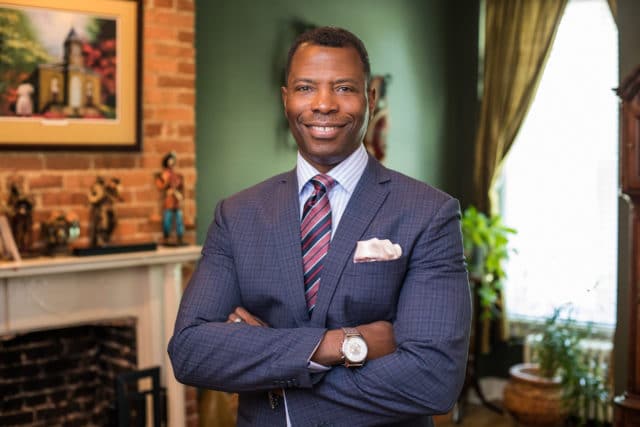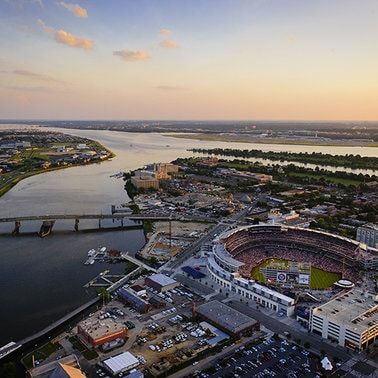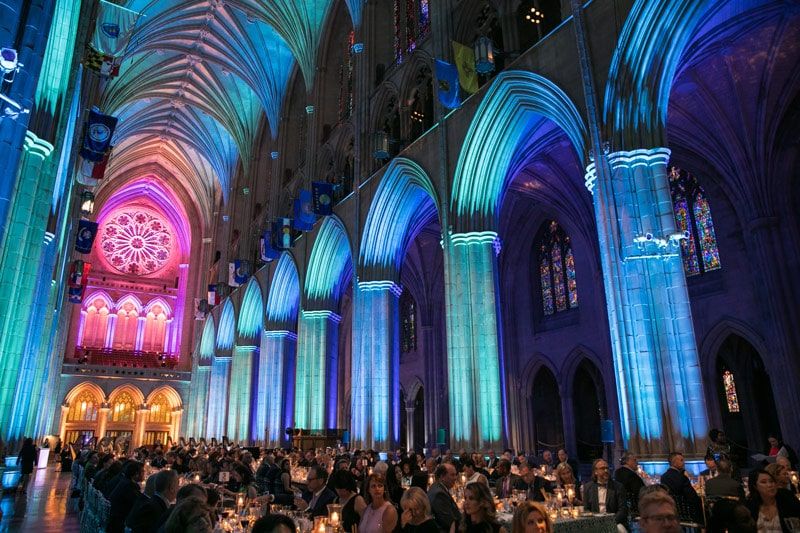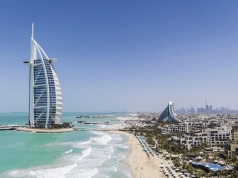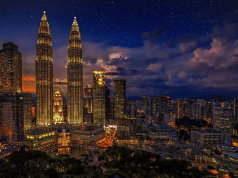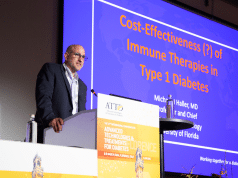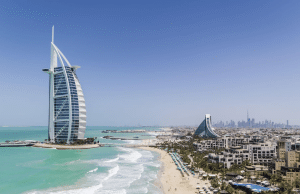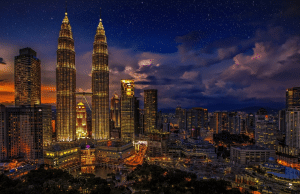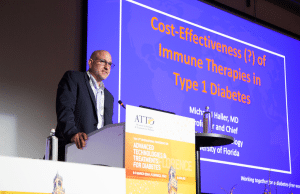Q: As a veteran of the travel and hospitality industry, how do you see the development and the changes in the industry in the past decades?
Overall, there are more desirable destination cities that we are now competing against. When folks think about traveling to the U.S., they want the ‘true American experience’ and that includes more than just visiting the big cities like New York and Los Angeles. Other destinations are now on visitors’ agendas, making it more competitive. We have to focus more on the dynamic and agenda of group business versus selling them on infrastructure. It’s all about truly partnering with them to understand their initiatives and build on their brand promise.
Q: Can you explain to our readers what does your city offer to the meeting planners?
Washington, DC is a top destination to host a meeting for many reasons – its variety of meeting spaces, tech-friendly venues, Michelin-starred restaurant scene and 17 free-to-enter Smithsonian museums are just a few. As the nation’s capital, no other city has as much access to the federal government and policy leaders as Washington, DC. Meeting planners can easily find expert speakers, access federal policymakers and secure industry sponsors.
Q: What would you say are the key factors in managing and running a successful city/region destination-marketing organization?
It’s important to always be open to changing your approach to marketing and thinking outside the box. We always bring the local community into the fold of what we’re doing and ensure they appreciate what visitors bring to the city.
Q: What makes a city a successful convention destination?
If you don’t evolve your convention center district and your portfolio of unique venues, you will be overlooked as a convention destination. Having up-to-date digital signage and a variety of new developments aimed at bringing in meeting and convention businesses key.
If you don’t evolve your convention center district and your portfolio of unique venues, you will be overlooked as a convention destination.
Q: Washington D.C. is a world known destination, besides the obvious attractions, can you explain some of the juicy/hidden spots of the city?
DC is full of dynamic neighborhoods, architecture, and history. The National Arboretum has some of the best-kept nature preserves in the city. It’s also amazing to see how the city is redeveloping the neighborhoods along the Anacostia River like Yards Park at Capitol Riverfront.
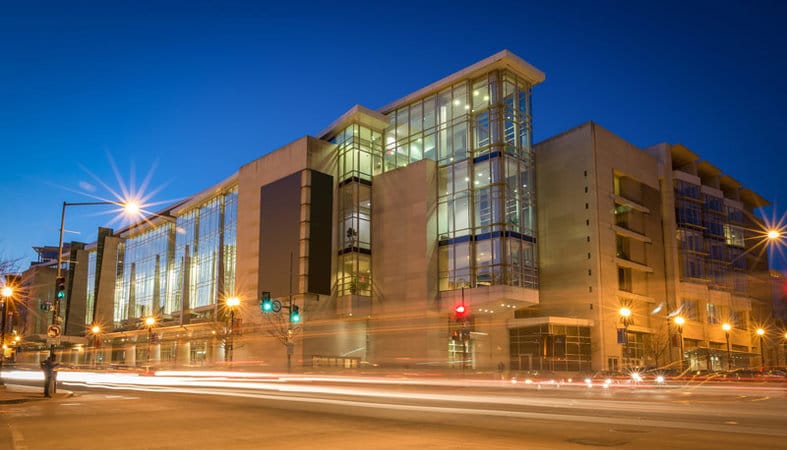
Q: What are D.C.’s developmental goals for the upcoming years?
As an economic development organization, Destination DC drives tourism to the District, which in turn creates local jobs and economic impact. Our job is to successfully manage and market the city by developing and executing centralized and cohesive sales and marketing strategies. We are not directly responsible for the development of the city, but we market existing and upcoming developments to continue driving tourism.
Q: What was the biggest and in terms of organization most challenging event in D.C. in the past year?
We continually communicate that politics are separate from the Washington, DC that we promote: all the outstanding attractions, hotels, dining, theater, sports, music, arts and culture, nightlife, shopping, festivals and special events throughout our neighborhoods. The city is accustomed to hosting high profile events from inauguration to diplomatic visits, but as the official convention and tourism arm for Washington, DC, we are not tasked with organizing these events.
We continually communicate that politics are separate from the Washington….
Q: What is your personal biggest challenge as a CEO of Destination DC?
The frustration of not having enough funding to promote our destination even more than we do now is always a challenge.
Q: What are you most proud of professionally and personally?
I’m really proud of the team we’ve assembled here at Destination DC that really understands our mission and humbly sells our destination with a degree of passion and familiarity. I never have to worry about things getting done with my team. In addition, I’m very proud of the American Experience Foundation (AEF), our 501(c)(3) charity, which works tirelessly to expose kids that never travel to our industry. I am even more thrilled that we recently hosted a group of students from Puerto Rico in mid-July. Giving back to youth and mentoring these students makes me so proud.
Q: If you didn’t have to work for money, what would you do?
I would do something with kids, as a guidance counselor or another position that would help me develop their knowledge further and expose them to things they cannot readily access.
Prepared by: Ajda Borak


